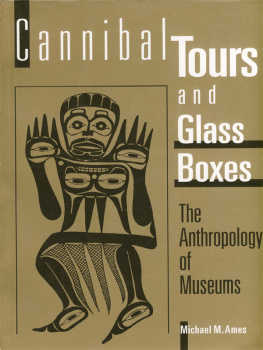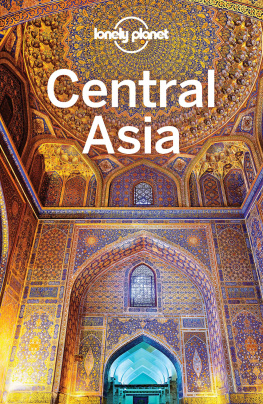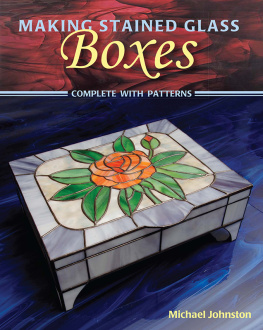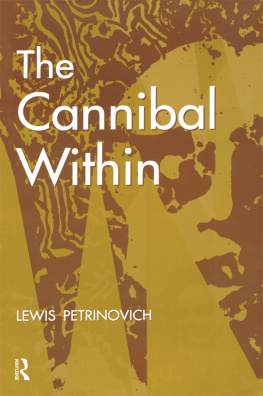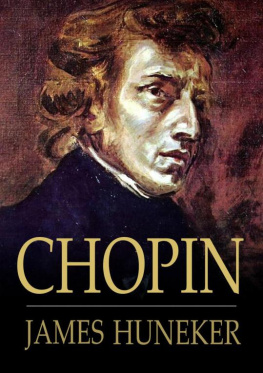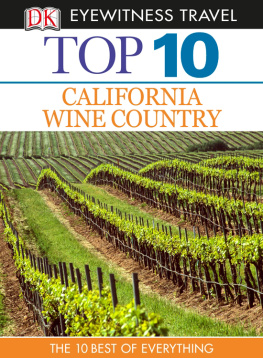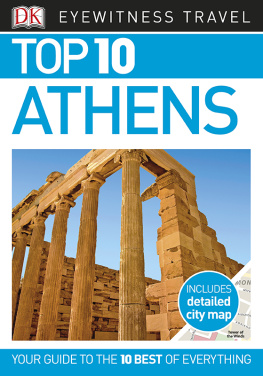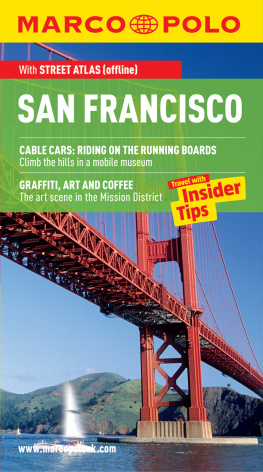coll. - Cannibal Tours and Glass Boxes.epub
Here you can read online coll. - Cannibal Tours and Glass Boxes.epub full text of the book (entire story) in english for free. Download pdf and epub, get meaning, cover and reviews about this ebook. year: 0, genre: Politics. Description of the work, (preface) as well as reviews are available. Best literature library LitArk.com created for fans of good reading and offers a wide selection of genres:
Romance novel
Science fiction
Adventure
Detective
Science
History
Home and family
Prose
Art
Politics
Computer
Non-fiction
Religion
Business
Children
Humor
Choose a favorite category and find really read worthwhile books. Enjoy immersion in the world of imagination, feel the emotions of the characters or learn something new for yourself, make an fascinating discovery.
Cannibal Tours and Glass Boxes.epub: summary, description and annotation
We offer to read an annotation, description, summary or preface (depends on what the author of the book "Cannibal Tours and Glass Boxes.epub" wrote himself). If you haven't found the necessary information about the book — write in the comments, we will try to find it.
Cannibal Tours and Glass Boxes.epub — read online for free the complete book (whole text) full work
Below is the text of the book, divided by pages. System saving the place of the last page read, allows you to conveniently read the book "Cannibal Tours and Glass Boxes.epub" online for free, without having to search again every time where you left off. Put a bookmark, and you can go to the page where you finished reading at any time.
Font size:
Interval:
Bookmark:
CANNIBAL TOURS AND GLASS BOXES
In Cannibal Tours and Glass Boxes, Michael Ames examines the role and responsibility of museums and anthropology in the contemporary world. The author challenges popular concepts and criticisms of museums and presents an alternate perspective which reflects his study of critical social theory and his experience from many years of museum work.
Based on the authors previous book, Museums, the Public and Anthropology, this edition includes seven new essays which argue that museums and anthropologists must contextualize and critique themselves. In the new chapters, Ames looks at the influence of consumerism and the market economy on museums and in the production of such phenomena as worlds fairs and McDonalds hamburger chains, referring to them as museums of everyday life. He also discusses the moral and political ramifications of conflicting attitudes towards Aboriginal art (art or artefact?), censorship (liberating or repressive?), museum exhibits (informative or disinformative?), and postmodernism (a new theory or an old ideology?).
The earlier essays outline the development of museums in the Western world, the problems faced by anthropologists in attempting to deal with the often conflicting demands of professional as opposed to public interests, the tendency to both fabricate and stereotype, and the need to establish a reciprocal rather than exploitative relationship between museums/anthropologists and Aboriginal people.
MICHAEL M. AMES has been director of the Museum of Anthropology since 1974 and is a professor in the Department of Anthropology at the University of British Columbia.
MICHAEL M. AMES
Cannibal Tours and Glass Boxes
The Anthropology of Museums

UBC Press 1992
All rights reserved. No part of this publication may be reproduced, stored in a retrieval system, or transmitted, in any form or by any means, without prior written permission of the publisher, or, in Canada, in the case of photocopying or other reprographic copying, a licence from Access Copyright (Canadian Copyright Licensing Agency), www.accesscopyright.ca.
10 09 08 07 06 5 4
Printed in Canada on acid-free paper
Library and Archives Canada Cataloguing in Publication Data
Ames, Michael M. (Michael McClean), 1933
Cannibal tours and glass boxes
First ed. has title: Museums, the public and anthropology.
Includes bibliographical references and index.
ISBN: 978-0-7748-0391-5 (bound); 978-0-7748-0483-7 (pbk.); 978-0-7748-5973-8 (ePub)
1. Museums Social aspects. 2. Anthropology Social aspects.
3. Anthropological museums and collections. I. Title. II. Title: Museums, the public and anthropology.
GN35.A44 1992 - 306.074 - C92-091171-4

UBC Press gratefully acknowledges the financial support for our publishing program of the Government of Canada through the Book Publishing Industry Development Program (BPIDP), and of the Canada Council for the Arts, and the British Columbia Arts Council.
UBC Press
The University of British Columbia
2029 West Mall
Vancouver, BC V6T 1Z2
604-822-5959 / Fax: 604-822-6083
www.ubcpress.ca
For Daniel and Kristin
The first edition of this book, comprising in the new edition, was published in 1986 as Museums, the Public and Anthropology in the Ranchi University Anthropology Series (Concept Publishing Company) under the general editorship of my friend and colleague, the late Dr. Lalita Prasad Vidyarthi. Sadly, he passed away unexpectedly before the preparation of this revision. It was through his kindness and support that the publication of the first edition was made possible, providing the foundation for this second one. Grateful acknowledgment is also made to Ranchi University and Concept Publishing Company, New Delhi, with whom Dr. Vidyarthi worked closely, for supporting the idea of an expanded edition under a new title.
Much of this book is about the relations between anthropology and the peoples it represents, particularly in museums. How these people should be named therefore requires some explanation. A general term for the Other within the museum context is originating populations (), the people from whose cultures museum collections originated. There are a range of more specific terms for the originating peoples of North America, representing the fact that usage preferences change, and sometimes rapidly. When some of these essays were first written ten or so years ago, the terms Native and Indian were somewhat more acceptable designations than they since have become. Native American still appears to be in vogue in the United States, whereas First Nations, Aboriginal, indigenous peoples, Native (occasionally), and (more recently) First Peoples are becoming the preferred terms in Canada, usually with the first letters capitalized.
Whats in a name? Why do you call us Indians? Cree artist Gerald McMaster asked in one of the exhibitions of his works (Ryan 1991). That term symbolizes to many a history of stereotyping and privations imposed upon First Peoples by Europeans since the days of Columbus. As noted in , the Aboriginal peoples of North America, like suppressed minorities everywhere, are claiming, and correctly so, the right to name themselves. Since the essays collected here were written over a period of time, however, there was some inconsistency in the use of these terms, reflecting the changes in conventions. Moreover, as the terms Indian, Inuit, and Metis are enshrined in the Canadian Constitution, in scholarly and popular literature, and in public discourse, there is still some purpose to their usage.
The phrase Northwest Coast Indian is still widely used, especially in reference to Aboriginal artists and arts of the North Pacific Coast. The term Indian therefore appears in these essays when the reference is to the Northwest Coast, the classifications of the Canadian Constitution, and to quotations from other sources. The term Native continues to be one of the more common referents used by the Canadian media and it also appears in the titles of some First Nations organizations (e.g., Native Brotherhood, Society of Canadian Artists of Native Ancestry), so it too appears occasionally in this book. Elsewhere currently preferred alternatives have been inserted.
All acknowledgments cited in the preface to the first edition are gratefully repeated here. Much has been gained (though not always agreement!) from discussion with students and colleagues, some of whom are cited by name in the following chapters and in other papers. It is impossible to remember or to cite everyone who influences ones thinking, but I want to particularly mention a few individuals who through discussions and their writings helped me (though to little avail, some of them may now believe) to sort out issues explored in the new chapters: Doreen Jensen, David Jensen, Robert Kelly, Sheila Stevenson, Ren Rivard, Dolly Watts, Elvi Whittaker in Canada; Aldona Jonaitis, James Nason, and Ruth Tamura in the United States; David Lowenthal in England; and to those Aeotaora/New Zealanders whom I met here and during two visits to New Zealand as a guest of the Art Gallery and Museum Association of New Zealand (1988) and the Cultural Conservation Advisory Council (1990). They include Cheryl Brown, Richard Cassells, Te Ave Davis, Waana Davis, Jonathen Dennis, James Mack, Greg McManus, Marjorie Rau Kupa, Miria Simpson, Keith Thompson, and especially Mina McKenzie.
Special thanks are due to Anne-Marie Fenger of the Museum of Anthropology for more than just her helpful comments on all the new chapters, and thanks again to Sandra Hawkes for her encouragement to continue with this writing project. I am indebted to Eileen Oertwig and Jennifer Webb for assistance in preparing the manuscript, to the University of British Columbia Social Sciences and Humanities Research Committee for its financial assistance, and to the various seminars, conferences, and institutions which provided opportunities to present ideas contained in these chapters.
Next pageFont size:
Interval:
Bookmark:
Similar books «Cannibal Tours and Glass Boxes.epub»
Look at similar books to Cannibal Tours and Glass Boxes.epub. We have selected literature similar in name and meaning in the hope of providing readers with more options to find new, interesting, not yet read works.
Discussion, reviews of the book Cannibal Tours and Glass Boxes.epub and just readers' own opinions. Leave your comments, write what you think about the work, its meaning or the main characters. Specify what exactly you liked and what you didn't like, and why you think so.

